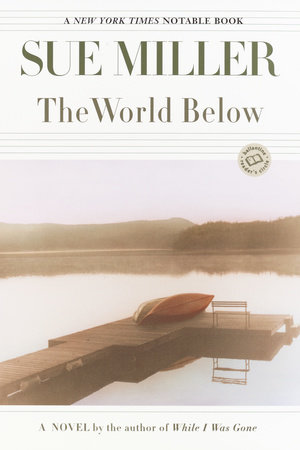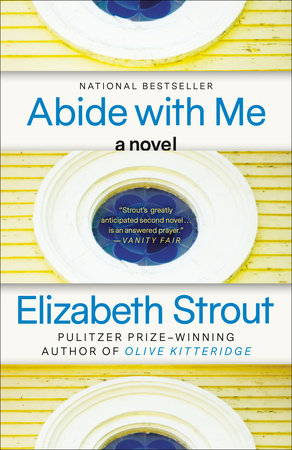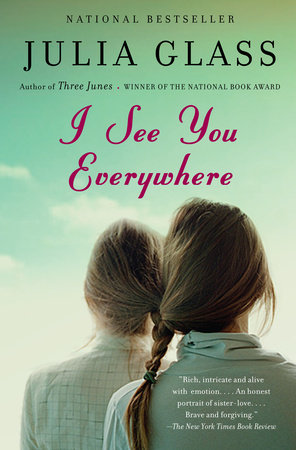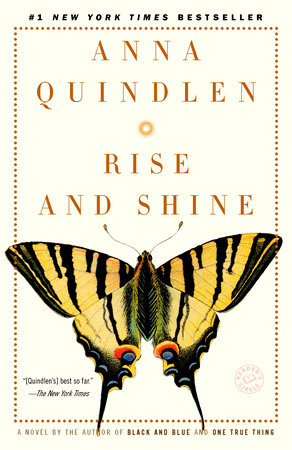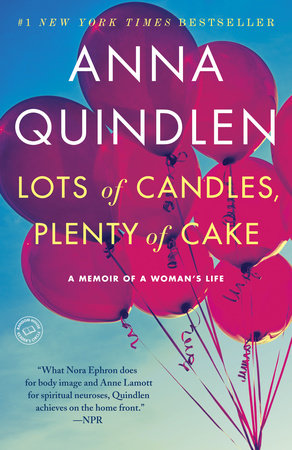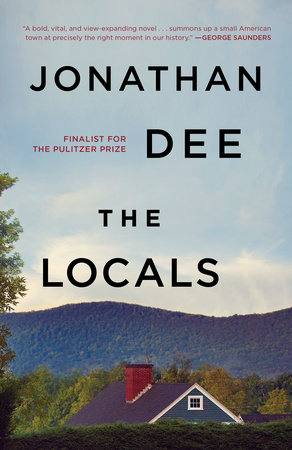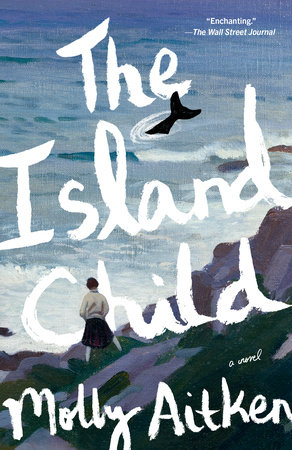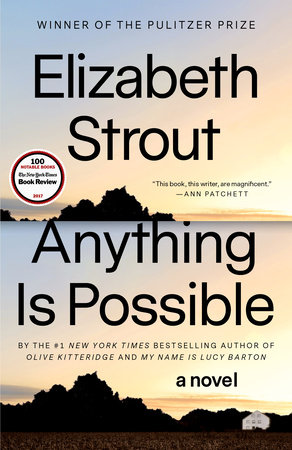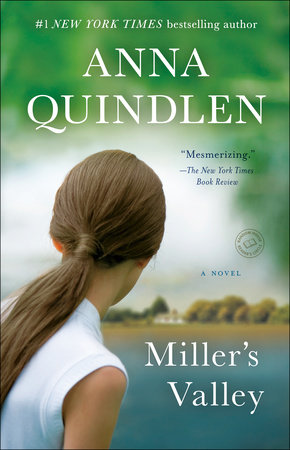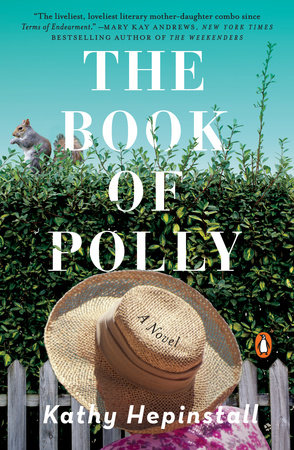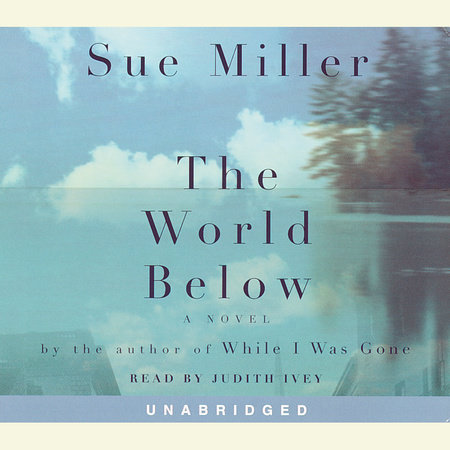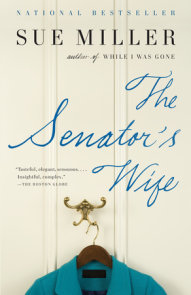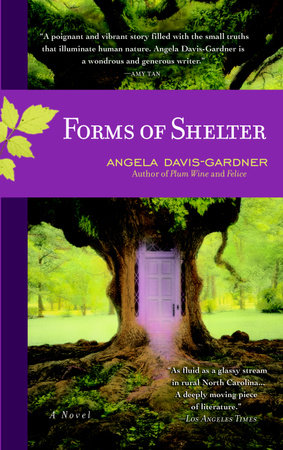Author Q&A
A Conversation with Sue Miller
Michelle Huneven is the author of two novels, Round Rock and Jamesland.
Sue Miller and Michelle Huneven have been friends for seventeen years.
Michelle Huneven: What was the germ for this book, the first
glimmer you had for it? Where and when did your find the
evocative title?
Sue Miller: I think the initial impulse came from some diaries I
inherited years ago from my grandmother’s grandmother. They
were written in 1869 and 1870, and they document her daily life
with her husband on a farm in Maine. The entries are each only
a few sentences long, and they concern primarily the weather
and the work that got done on a given day, and who came to call,
or whom they called on. There’s a kind of fascinating boredom
to the document as a whole. And then, on a day in June 1869,
there’s an entry that reads:
"It has rained all day. I washed in the morning and worked on
Mrs. (illegible)’s dress in the afternoon. I am doomed to be disappointed
in everything that I take pride in. I sometimes wish I was
under the sod sleeping the sleep that knows no waking."
Nowhere else is this feeling expanded on, nowhere is the context
for this cri de coeur discussed, and the next entry is back to the
routine pattern–the waters having folded over it. I was moved
by this, by the notion of a life of deep feeling running under the
surface of this life of daily achievement and steady labor. By the
idea of an unacknowledged world living below the world of the
mundane. This was part of the germ for the book, and certainly
the source of the title.
MH: This book seems to be about losses–the loss of ancestors,
grandparents and parents, the loss of children, marriages,
ways of life, and even parts of ourselves. Cath is at a
time in her life when she can actually face her losses–isn’t
that what she’s doing by going back to her grandmother’s old
home? Is there a value to facing losses?
SM: I think it’s not clear that that is Cath’s intention in going
back–her motives seem more confused than that to me–but
from the start of her visit, with her arrival at the altered house,
that’s what she’s dealing with. And certainly once she begins to
face the reality that Georgia’s life also held such enormous loss,
she finds a kind of consolation for her own, and a way to live with
them.
MH: There is much talk of starting over in this book, and
of the idea that people can re-create or change their lives–
Georgia going to the san, Cath going to Vermont (several
times, as a child after her mother’s death, after both
divorces) and to France. Do you think people really can start
over?
SM: I think there may be a few times in life, times when you’re
not really formed, as in adolescence, when you can consciously
redirect it. And maybe sometimes later in times of great crisis,
when you actually learn or see something about yourself that
you hadn’t known or recognized before, that access of consciousness
may make some small changes and shifts possible. But I do
think we are, largely, who we are, once we’re adults. It’s difficult
to do more than change certain behaviors.
MH: Do you think that divorce happens now whereas in the
past couples used to have to be more resourceful and find
ways to live together and begin again?
SM: Certainly once divorce becomes a possibility, becomes a
socially viable alternative to marriage, it undercuts the sense that
one must work things out, no matter the personal costs. And that’s
no doubt both bad and good. I used to love to read the "Can This
Marriage Be Saved?" column in my mother’s Ladies Home Journal
when I was a kid, and to think about the compromises recommended
to the couple in trouble–whether I could make them,
whether it seemed to me they ought to be made. And this is a
question I’ve asked fictionally more than once, too. The enduring
marriage is a mystery. Not always a happy mystery. But a mystery.
MH: The World Below also concerns itself with secrets–family
secrets and how they eventually surface, and also how
they’re resisted. John, when he’s told Georgia’s secret (about
Seward), actually hears something else, something far easier
for him to assimilate. The times that Georgia tries to talk
about her experiences in the san to Cath, Cath can’t draw
her out–she doesn’t want to know so much about her grandmother.
And yet, you seem to say that there comes a time
when knowledge is necessary and illuminating . . . ?
SM: To take up Cath’s resistance to understanding her grandmother’s
story, I’d argue that she has a deep emotional stake in
wanting to see her grandparents’ marriage in a certain way, as
that image of their gathering the laundry together in a storm
suggests. And it’s a mark of her growth, I think, that she accepts
the complexities and compromises they’ve made, and is able to
imagine some of the cost to each of them in that. So, yes, pushing
through to knowledge and understanding of the emotional
truths that surround us can be important.
MH: Because I know you always have strong opinions about
your characters as you are writing them, I’m curious to know
how you felt about Cath, Georgia, and John.
SM: Cath was certainly less clear in my mind at the start of my
writing than the others were. In a certain sense, she was my lens,
my way of looking at the others. About them my feelings were
clearer. I saw Georgia as a strong, rather fixed person, a person
who has needed to be authoritative and in charge from a very
early age, and has lost, to a degree, the ability consciously to register
certain feelings on that account–though they are there,
and surface from time to time. John I saw, and wanted to draw, as
more open, more flexible. I wanted to have him growing and
learning and asking questions all his life. I love the scene in
which he offers Cath the trip to France, and then openly speculates
about whether it’s a good thing or not that he’s interfering
in her life. This kind of questioning, his openness to it, endeared
him to me as a character.
I learned about Cath more as I went along, as I recorded the subtle
shifts and changes in her that occurred as she discovered the
truth about Georgia and John’s life.
MH: There are several moments that really hit me hard–
the one that really lingers is when Joe can’t believe that Cath
has been happy in their relationship when he’s been so restless.
Was Cath wrong to feel content?
SM: I don’t know whether she was wrong or right. It was certainly
part of who she was that she saw and understood a serene
domestic surface as enough–so disordered was her early life in
her own family, and so troubled her first marriage. And her
model for happiness, of course, was what she understood about
her grandparents’ marriage, which had that same apparent quality
of serenity, contentment.
MH: So what about marital happiness and contentment?
Georgia and John’s marriage was held together by mutual
respect and history, but also by rituals and an almost formal
structuring of the days that is far less common in today’s
hectic world. Is ritual an ingredient for marital happiness?
SM: I do think that one can signal a great deal with ritual, and
this certainly happens in that breakfast scene after Georgia and
John have their terrible moment of recognizing the errors
they’ve both made in coming together. So I think you’re right to
suggest that ritual–some rituals–and people’s ability to share
them may actually make their sense of happiness together
stronger. May bind them, in a variety of ways.
MH: Memory is another theme in the book–its reliability,
its emergence, what it offers us. Cath and Samuel’s possible
romance breaks down, in part, over their differing views of
memory. Samuel sees memory as hopelessly subjective and
self-serving. Cath, however, believes in the truth of her
memory.
SM: I think the issues between them are less important to their
romance’s breaking down than the way each of them approaches
the issues. Each is bothered by the other’s insistence on his/her
own infallibility about this. Probably Samuel is less bothered–
it seems clear he would wish to continue to be involved with
Cath, in spite of what he sees as her stubbornness. But for Cath,
his absolutism is fatal to the possibility of a romance between
them, partly because she sees it as connected to his age, to a
kind of rigidity born of age; and also perhaps partly because
she connects it to an attitude toward women born of the
period Samuel grew up in and was part of. I thought of myself as
pushing the reader to think a little about the differences and
similarities between Cath, as a "modern" woman, and Georgia,
as an "old-fashioned" one, when confronted with this kind of
assertiveness on the part of the older man each is involved with.
And perhaps, too, to think of the differences between John and
Samuel.
On the other hand, Cath implicity learns a great deal about
memory from talking with Samuel; and perhaps part of her
being able to imagine the passages in the book about her grandparents
is as a result of thinking with Samuel about history and
its meaning, the imaginative entry we need to make into it to
understand it.
MH: You make numerous references to books the characters
read or are given–Willa Cather and Edith Wharton are
both mentioned several times. I know you’re not suggesting
that the reader of The World Below read these books, but if
he or she did? What ties or connections might be seen?
(Except, of course, with the dreaded Ethan Frome.) What
does it say about Georgia that she loved Song of the Lark?
SM: I hoped that it would suggest that she was thinking of the
possibility of a more expansive life for herself, that this experience
in the san had opened her to the notion of a life lived on
terms different from the ones she has understood up until now to
be the necessary ones.
As for Ethan Frome–well, maybe all that needs to be said is that I
dislike that book intensely. I think that Wharton is particularly
heavy-handed in that book about the inescapability of one’s
lot–though this is often her theme. And in a sense, it is the
theme here, though I’d argue that the tone is quite different.
MH: The World Below seems a very natural progression from
your last book, While I Was Gone, which was also about memory
and marital happiness, but this book is more introspec-tive,
quieter in content. In your body of work (six novels, one
book of short stories)–where does this book sit with you? If
someone loved The World Below, which of your books would
you have them read next?
SM: I do think of this book as quieter, as you suggest, than some
others–mostly about an internal process in Cath triggered by
"the story" of Georgia’s life as it gets revealed. In that sense I feel
it’s different from While I Was Gone, which is very dramatic, very
plot driven–as The Good Mother was, too. So I think I’d suggest
perhaps Family Pictures to someone who liked this book. Or perhaps
The Distinguished Guest. Both of them have less "action,"
more dwelling in thought.
MH: I understand that after finishing The World Below, you
finished a memoir of your father that you had been working
on for years. Did writing The World Below give you any clues
or help in finishing that book?
SM: I think it was rather the reverse: that writing and thinking
about that book–I had been working on it between and among
novels for years–fed this book. In part with the sense that I had
of learning about my father, changing in my thinking about him,
long after his death.
MH: Any new novels on the horizon?
SM: I am beginning to make notes. I hope truly to launch myself
this summer (the summer of 2002). I haven’t written any fiction
in over a year now, and I feel as though I’ve been deprived of
some nearly chemical processes in my brain–the way, perhaps,
people deprived of REMsleep are said to feel.
